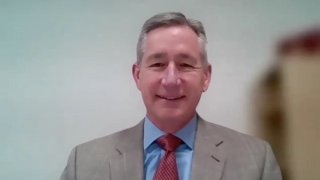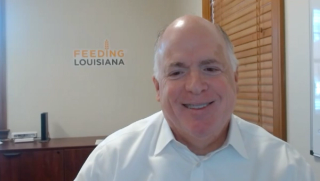
Health Care Cost
Latest News
Latest Videos

CME Content
More News
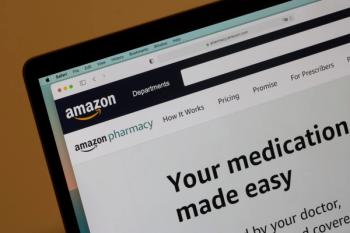
Amazon Pharmacy's RxPass program shows promise in boosting medication adherence and reducing costs, according to a study.

Highlights from last week include President Trump's executive orders, the FDA approval of esketamine nasal spray for depression, mental health access through Medicaid Managed Care, the impact of travel time on surgical outcomes, and life expectancy disparities.

For this study, outcomes were compared between 2 groups of patients with myasthenia gravis: those who developed exacerbations and those who did not experience exacerbations.

Samsung Bioepis' Q1 2025 report shows oncology, ophthalmology, and pegfilgrastim biosimilars have gained significant market share, while immunology, filgrastim, epoetin alfa, and insulin glargine biosimilars have grown more slowly.

President Donald Trump's initial executive orders target previous efforts to reduce health care costs, pandemic preparedness, and international partnerships, showing a stark contrast to the Biden administration.

Experts suggest that most Americans will not experience immediate changes in their out-of-pocket health care expenses.
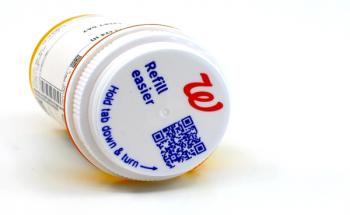
Attorneys General from several districts have come together in a lawsuit seeking damages from Walgreens for allegedly knowingly filling opioid prescriptions that lacked a genuine medical purpose.

Despite the availability of several noninvasive tests for colorectal cancer, prioritizing blood-based tests may result in higher costs and worse population-level outcomes.

A report from the Federal Trade Commission (FTC) has determined that pharmacy benefit managers (PBMs) are linked to significant cost increases for cancer, HIV, and other critical specialty drugs.

There is limited awareness and utilization of supplemental benefits among Medicare Advantage beneficiaries, with cost-sharing and out-of-pocket spending playing key roles, a new study has found.

The health equity impact of the polypill is significant; by effectively controlling cardiovascular disease (CVD) risk factors in populations with limited health care access, there's potential to reduce income- and race-related health disparities.

Jessica Tracy, head of Growth and Partnerships at Enthea, shares how employers and unions can support mental health and address access barriers to evidence-based ketamine treatments.

ACA enrollment rate hits a milestone, though IRA subsidies may not extend beyond 2025; network adequacy standards fail to translate into efficient access to mental health care for Medicaid enrollees; research examines racial disparities in postpartum hypertension and vaccine uptake.

The pharmaceutical landscape enters 2025 with a mix of challenges and opportunities, with the potential to shape the future of drug access and affordability for patients across the nation.

Acts of discrimination, including subtle microaggressions, during pregnancy and childbirth contribute to higher maternal mortality rates, especially among Black women, and are linked to increased postpartum blood pressure, highlighting the need for improved health care interventions and racial equity in maternity care.

Record numbers have enrolled in Affordable Care Act (ACA) coverage as open enrollment continues through January 15, 2025.

Data pulled from the impact of Clinical Resource Hubs (CRHs) demonstrate the benefits these programs provide to veterans who may be experiencing gaps in care.

Cochair of our recent Institute for Value-Based Medicine® event hosted with NYU Langone Health, Oscar B. Lahoud, MD, speaks on his hoped-for top health care priorities under the incoming administration.

Robin Glasco, MBA, Spencer Stuart, examines the crucial role of data in addressing urgent challenges in health care while inherent and systemic biases coexist, complicating efforts to achieve equity.
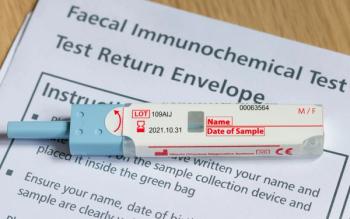
How does age, sex, comorbidity, and screening history influence the cost-effectiveness of continuing colorectal cancer (CRC) screening in older adults?

Sarah Ahmad, MBA, CEO of the Coalition for Affordable Quality Healthcare (CAQH), dives into the financial, physical, and emotional toll of neglecting women's health in an interview.
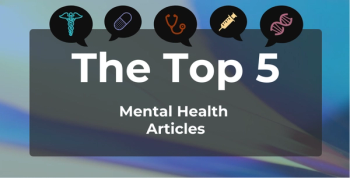
The most-read articles addressing mental health in 2024 spanned therapeutic advancements, research discoveries, and insight into enhanced practice guidelines.

The Center on Health Equity & Access provides news and expert insights on research, health policy, and the impact of social determinants on health.

Rachael Drake, pharmacy technician coordinator, University of Kansas Health System, explains how her team collaborates with insurance companies and providers to support treatment access for patients with non-Hodgkin lymphoma.
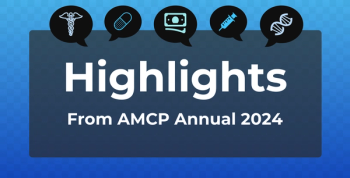
Among the most-read coverage for the annual meeting were presentations on the potential and costs of cell and gene therapies, the latest trends in the industry, and pharmacogenomic testing in mental health.










